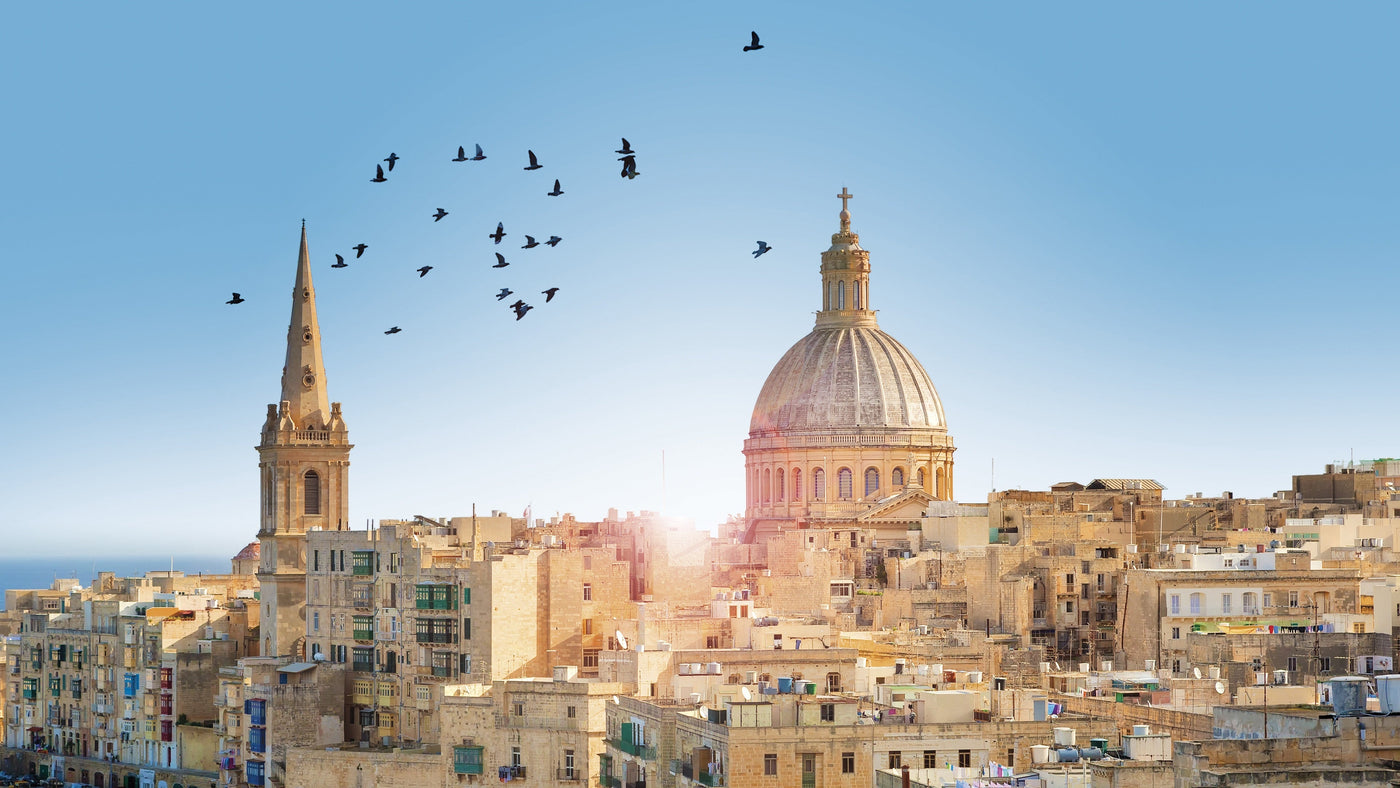Your Cart is Empty

Cast adrift between the North African coast and Sicily, Malta has attracted a string of invading forces over the centuries. With a Siculo-Arabic culture and a Semitic yet Europeanized language, the islanders have inherited the art of oral folk poetry as well as a tradition of brass bands and street busking.
Cast adrift between the North African coast and Sicily, Malta has attracted a string of invading forces over the centuries. With a Siculo-Arabic culture and a Semitic yet Europeanized language, the islanders have inherited the art of oral folk poetry as well as a tradition of brass bands and street busking.
With the increasing urbanization that followed independence from the British Crown in 1964, Malta lost much of its musical repertoire and many of its folk traditions. Even so, a strong tradition of oral folk poetry prevails to this day, and is referred to as g?ana (pronounced aa-na). “One must sing with heart”, the late Frans Baldacchino “Il-budaj”, one of the finest exponents of ballad singing, would say.
Reminiscent of Sicilian brass bands, Maltese bands play non-religious songs and accompany religious village feasts as well. Their repertoire includes upbeat marches, polkas and waltzes, mar?i funebri for Holy Week celebrations and funerals.
Conceived in 2000, the Etnika Project was created to boost local and international consciousness of Maltese folk and popular music by gathering and reinterpreting traditional songs and melodies.